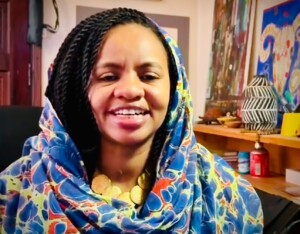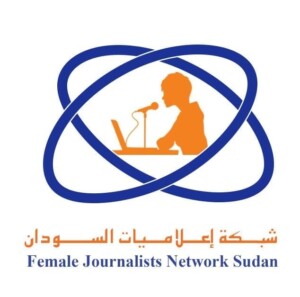Sudan press restrictions continue for third consecutive day
In a week’s time, thirteen newspapers have been seized by the Sudanese security apparatus in its campaign against certain news publications. Four papers were confiscated on Thursday.
In a week's time, thirteen newspapers have been seized by the Sudanese security apparatus in its campaign against certain news publications. Four papers were confiscated on Thursday.
The Sudanese security service (NISS) confiscated all print copies of four newspapers in Khartoum on Thursday morning: El Tayyar, El Jareeda, El Watan and Akhir Lahza. All four already witnessed confiscations of their print-runs earlier this week.
Osman Mirghani, El Tayyar editor-in-chief told Radio Dabanga that the newspaper suffered losses of SDG 400,000 ($59,640) this week because of the repeated confiscations.
“The security service should resort to the law and stop punitive confiscations. Penalties should only be imposed by the authorised bodies.”
As for El Watan, the reason for the first confiscation that took place on Sunday was for publication of the statements by Foreign Minister Ibrahim Ghandour on the relations with Iran, quoting an interview with Russia Today Channel. The NISS media department had informed the head of the administrative board of El Watan, Yousif Sid Ahmed.
Other press sources suggested that the reason for the confiscation is for covering the two-day visit by President Omar Al Bashir to Russia, and the accompanying statements in reference to his demand for Russian protection and the establishment of Russian military bases on the Red Sea.
Amendments
In previous weeks, newsrooms and journalists in Sudan spoke out against draft amendments to the 2009 Press Act which may further restrict press freedom. So far, draft amendments have remained confidential. But according to a publication of the draft by El Tayyar, amendments include limitations on the electronic press' freedom and these are similar to the restrictions already imposed on the traditional press. In addition the Press Council would receive more power.











 and then
and then